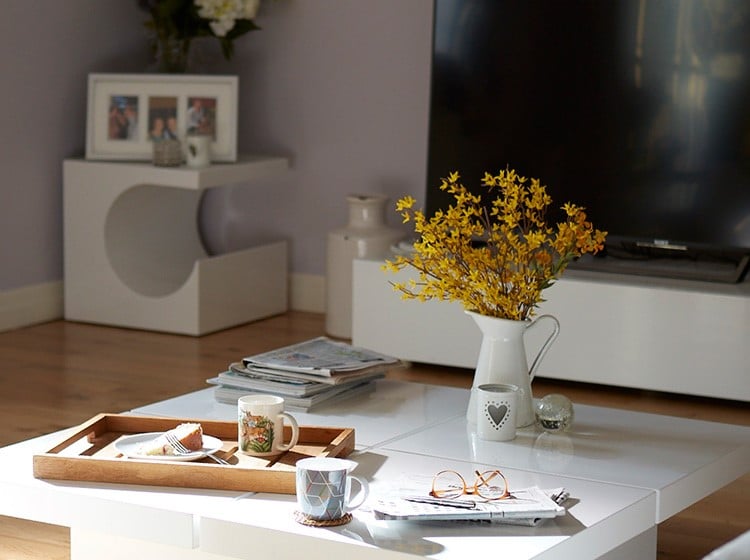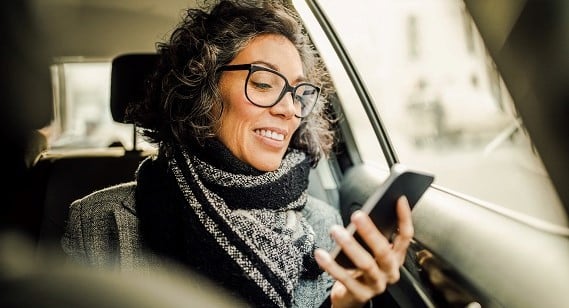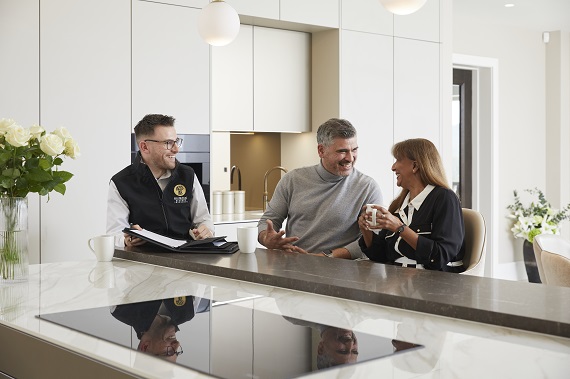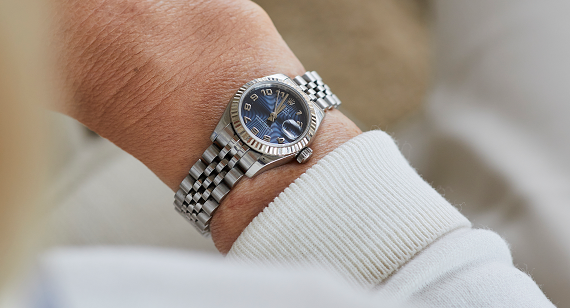Home and Property
Five home security tips when on holiday

With the return of travel normality across the globe, you might be planning a staycation in the UK, or a trip abroad for that much needed time away.
While you’re taking full advantage of the outdoors or relaxing in the spa, the last thing you want to worry about is that your home might not be protected - so what can you do to gain peace of mind?
We're sharing five top tips on how to secure your home when on holiday, allowing you to concentrate on relaxing during your getaway.
1. Ensure everything is locked and secure
This may seem obvious but we’ve all experienced that heart-in-mouth moment where we’re convinced we’ve left a window or door unlocked. A simple way to avoid this unnecessary stress is to create a checklist well in advance of your holiday. Add items such as ‘check each window’ and ‘lock the garden gate’ and make a point of spending 15 minutes making your way around your home and checking them off.
We also advise not just to consider your house – your outbuildings should also feature in your holiday security checklist. And make sure any tools which burglars can use to force their way into your home are also locked away.
Don’t leave expensive items on display – put yourself in a thief’s shoes and ask yourself if there’s anything immediately obvious which an opportunistic burglar might be able to grab.
If you have particularly valuable pieces of jewellery, consider investing in a quality safe or a bank safety deposit box.
Finally, if you keep a spare key hidden in a secret location then remove it. Determined thieves will know to check under mats, behind garden ornaments or other typical hiding places.
2. Give the illusion your home is occupied
A trusted friend, neighbour or family member is a valuable asset when it comes to making your home look occupied while you’re away. If you have someone you can trust to pop by to put mail out of view, keep the lawn mowed, or even to park their car in your driveway, these are all useful tactics to fool would-be burglars.
Cancel any regular deliveries, such as milk or newspapers, and consider investing in Royal Mail’s Keepsafe service which means your mail will be held until you return rather than piling up on your doormat advertising your absence.
Alternatively, you might consider having someone move into your home while you’re away. This might be a friend or a professional home sitting service who can look after your home and any pets.
3. Don’t advertise the fact you’re away
It can be tempting to share your holiday snaps instantly online with family and friends but it is safer to do this when you’re back home.
Information shared with a small group of friends on social media can soon end up in the wrong hands. Expressing your excitement about a forthcoming trip will also notify people about when your home is likely to be empty. And if you have children who use social media, make sure they understand this too.
Other giveaways which are helpful to would-be thieves are:
- Leaving your car fully packed with suitcases on the driveway overnight
- Leaving your curtains permanently drawn while away
- Writing your home address on your luggage labels
- Leaving an answer phone message which tells people you’re on holiday
4. Invest in home security
There's a variety of gadgets and technology designed for home security which will act as a deterrent to burglars.
Timer switches can be set so that lights turn on and off at programmed times during the evening giving the illusion that someone is home. Equally recently developed smart home assistants from Amazon or Google can be paired with internet enabled lighting systems to do the same thing. A similar gadget is FakeTV – a device which emits a flickering light imitating a television.
Burglar alarms differ in sophistication (and cost) from dummy boxes situated in a prominent location of a home to those with extensive sensors and links to security response firms.
CCTV cameras and security lighting are also available for a range of budgets and are a good visual deterrent as well as offering a useful way to record evidence of any break-in.
Some modern smart camera systems are triggered by motion sensors and can send alerts to your mobile phone anywhere in the world. These systems have become more sophisticated, cheaper and more user friendly in recent years so may be worth another look if you’ve dismissed them previously.
Door and window locks are the most basic requirement of home security but they should be substantial enough to protect your property from forced entry. Window locks mean the thief would have to smash the window, which many are reluctant to do as the noise attracts unwanted attention. Door locks are only as good as the door and its frame so give consideration to their condition. A five-lever mortice lock is recommended by police and doors fitted with a combination of bolts and deadlocks will increase their strength.
Property marking pens and electronic tagging devices are available to buy and mean that any valuable items which are stolen stand a greater chance of being identified and returned to you.
5. Get the right insurance
Despite taking every precaution to secure your home while on holiday, falling victim to crime is unfortunately always a risk.
Check your insurance and ensure you have the right cover in place. Every home insurance policy has limits on how much you can claim, so you need to make sure that you are covered for the full cost of replacing the things you own.
Don’t forget any sheds or outbuildings – the value of items stored in them, such as garden tools, golf clubs and bicycles, can be more than you realise, so check your insurance covers these.



